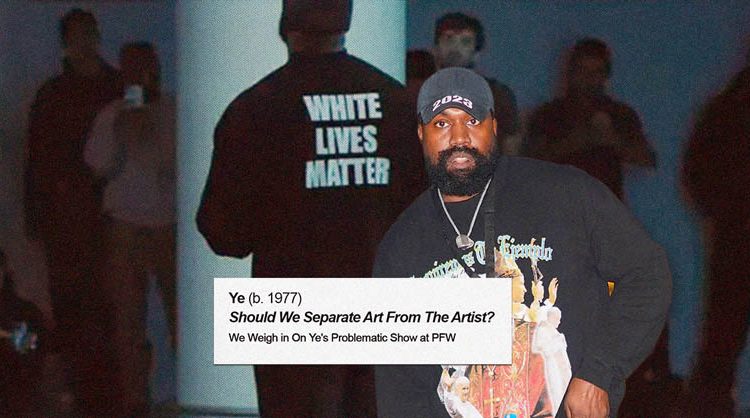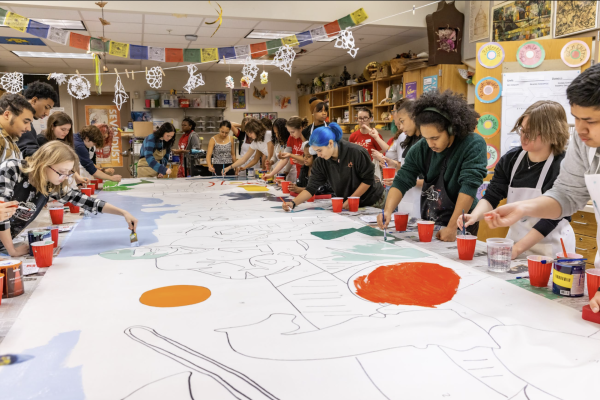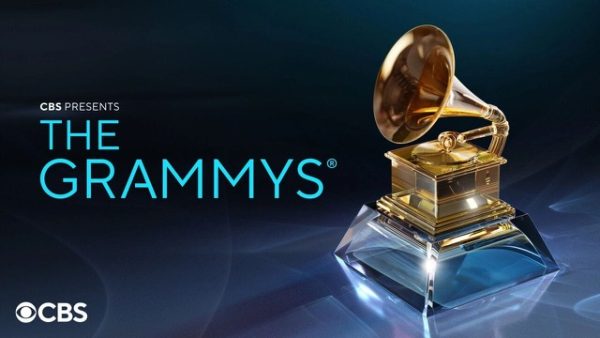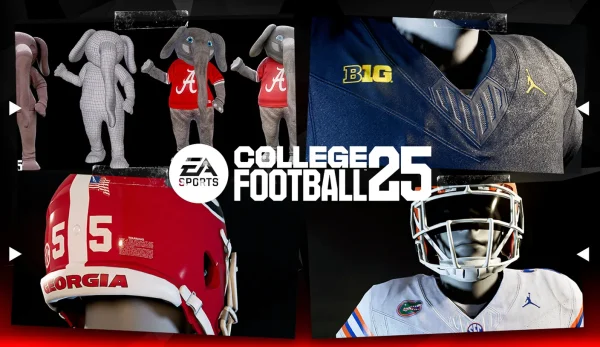Separating Art from the Artist: Is it Possible?
Kanye West. R. Kelly. J.K. Rowling. Chris Brown. If you haven’t caught on to the pattern yet, allow me to state it very bluntly: canceled artists. Everyone has a favorite artist or creator, who has created some of the most memorable content for them to this day. However, what happens when this artist slips up, or something is revealed that has the possibility of damaging their reputation forever? This poses an ethical dilemma: should art be separated from the artist?
Once you’re thrown into the spotlight, it’s effectively unavoidable to dodge any past controversies that have the possibility of resurfacing. Likewise, any new controversies won’t be dismissed by the public either. We’ve seen it happen time and time again; R. Kelly, one of the most praised R&B singers of the ’90s, was convicted on multiple counts of sexual misconduct. J.K. Rowling, the author of the Harry Potter fantasy novel series, faced controversy over transphobic comments. Rapper Kanye West, who has a history of making controversial comments, recently came under fire again with his anti-semitic views. Just how many second chances should a person be given, and at what point does enough become enough?
There are effectively three stances on this issue; yes and no extremists, and those in the middle who pick and choose. The act of ‘picking and choosing’ isn’t inherently bad, as it depends on the justifications of the artist’s actions to dictate whether or not to continue supporting an artist. There are certain levels of extremities that an artist can reach that decide whether or not what they have done is excusable or if it can be justifiable. “I feel as though it kind of depends on the extremity of the artist’s actions. There are certain things that I feel don’t necessarily hinder the value of their artwork, yet there are times when it gets to a certain point where it becomes all you can think about,” said Sophomore Jailyn Davis. “I think once you become consciously aware of the artist’s actions every time you engage with their work is when it should start to play a role in establishing your support for them.”
An artist’s actions say a lot about their character, and sometimes it’s a matter of how related their work is to themselves as a person. Some people find it easy to differentiate between the artist themselves and the work they produce, effectively separating the two. However, for others, an artist’s actions can’t be disregarded when making the conscious decision to actively engage in their content. It all boils down to personal ethical code, and how the individual goes on to interpret their works after said scandal. The quality and value of an artist’s work also dictate an individual’s reasonings for continuing to indulge in their content. For instance, there have been artists who have contributed a lot to a whole genre or community through their work. “I feel like it’s just a matter of personal ethical code. Personally, I can distinguish between the artist and their wrongdoings. I may not support them as a person, but I can still value their work as a separate identity,” said Junior Kennedy Marable. “I think a person can condemn an artist’s actions while still being able to value their work separately.”
Whether you view art as an autonomous entity separate from the artist, or whether you are unable to find a distinguishable line between the two, the question of separating art from the artist is prominent within the media. Of course, it is important to always acknowledge the wrongdoings of an artist and to hold them accountable for their actions. It’s up to the individual themself to figure out what they think is right or wrong. What’s important is that you recognize what they have done wrong, and can hold them accountable without blindly supporting their problematic doings.












